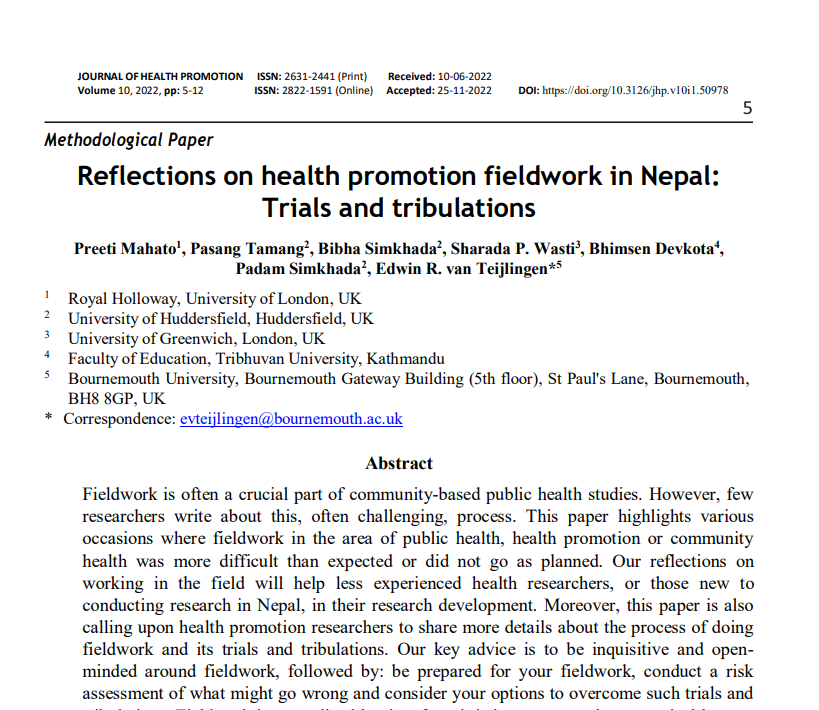 This week we published a paper on the experience of conducting fieldwork in the public health field in the Journal of Health Promotion. [1] Fieldwork is usually a crucial part of PhD research, not only in the health field. However, few researchers write about this, often challenging, process. This paper highlights various occasions where fieldwork in the area of public health, health promotion or community health was more difficult than expected or did not go as planned. Our reflections on working in the field are aimed at less experienced researchers to support them in their research development. Moreover, this paper is also calling upon health researchers to share more details about the process of doing fieldwork and its trials and tribulations. Our key advice is to be inquisitive and open-minded around fieldwork, followed by: be prepared for your fieldwork, conduct a risk assessment of what might go wrong, and consider your resources and options to overcome such trials and tribulations. Fieldwork can be unpredictable. We believe it is important to share practical lessons from the field which helps other to better understand these tribulations, and learn from them. Finally, sharing such information may guide new researchers and help them identify strategies that can address those issues and challenges in their future studies.
This week we published a paper on the experience of conducting fieldwork in the public health field in the Journal of Health Promotion. [1] Fieldwork is usually a crucial part of PhD research, not only in the health field. However, few researchers write about this, often challenging, process. This paper highlights various occasions where fieldwork in the area of public health, health promotion or community health was more difficult than expected or did not go as planned. Our reflections on working in the field are aimed at less experienced researchers to support them in their research development. Moreover, this paper is also calling upon health researchers to share more details about the process of doing fieldwork and its trials and tribulations. Our key advice is to be inquisitive and open-minded around fieldwork, followed by: be prepared for your fieldwork, conduct a risk assessment of what might go wrong, and consider your resources and options to overcome such trials and tribulations. Fieldwork can be unpredictable. We believe it is important to share practical lessons from the field which helps other to better understand these tribulations, and learn from them. Finally, sharing such information may guide new researchers and help them identify strategies that can address those issues and challenges in their future studies.
Dr. Preeti Mahato (at Royal Holloway, University of London), Dr Bibha Simkhada and Prof. Padam Simkhada (both based at the University of Huddersfield) are all BU Visiting Faculty. Moreover, I have had the pleasure of acting as PhD supervisor for five of my co-authors. I have included in this blog what is probably my favourite fieldwork photo taken a decade ago by former BU PhD student Dr. Sheetal Sharma.
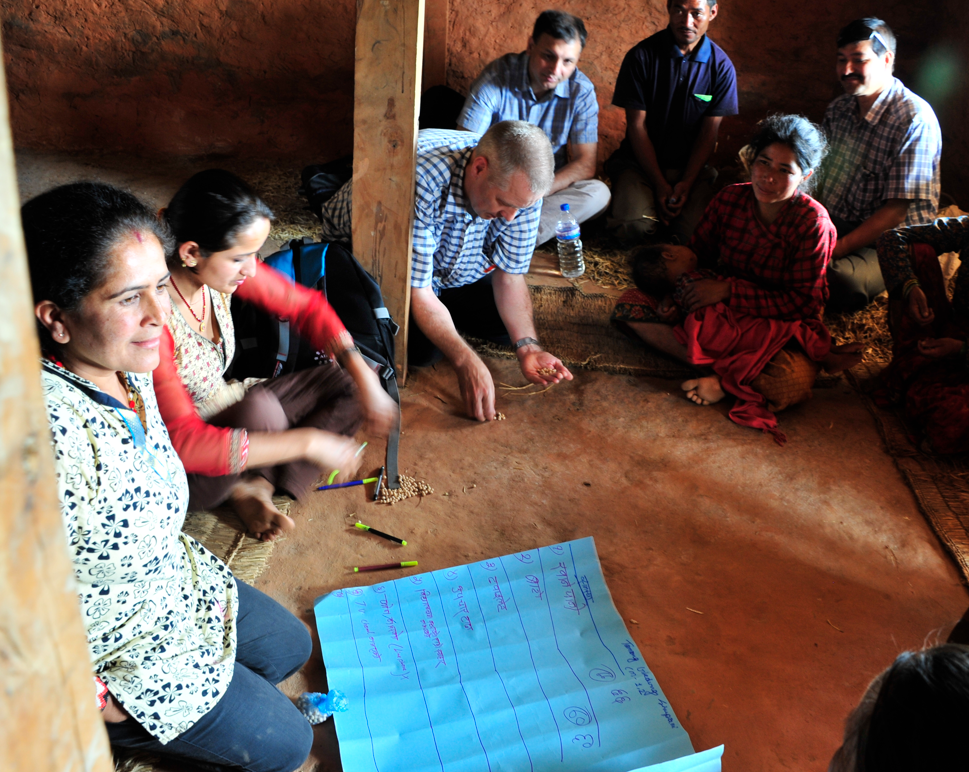
Prof. Edwin van Teijlingen
CMMPH (Centre for Midwifery, Maternal & Perinatal Health)
References:
- Mahato, P., Tamang, P., Simkhada, B., Wasti, S. P., Devkota, B., Simkhada, P., van Teijlingen, E.R. (2022) Reflections on health promotion fieldwork in Nepal: Trials and tribulations. Journal of Health Promotion 10(1): 5–12. https://doi.org/10.3126/jhp.v10i1.50978


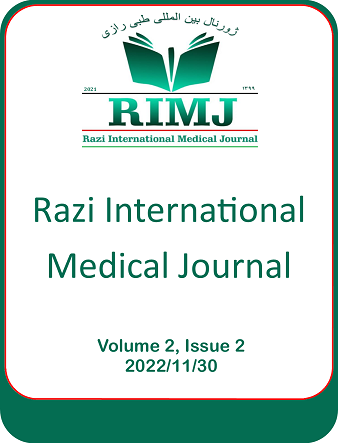

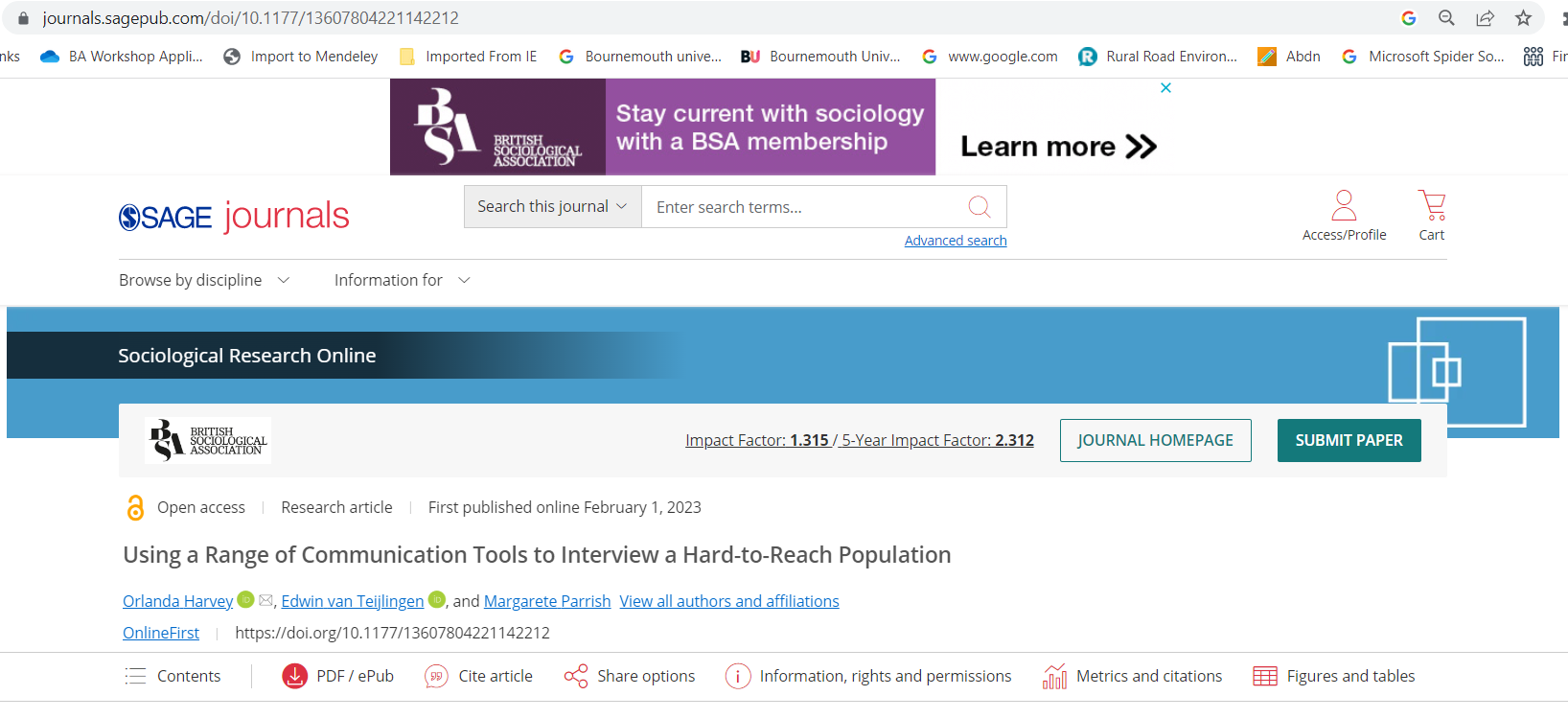

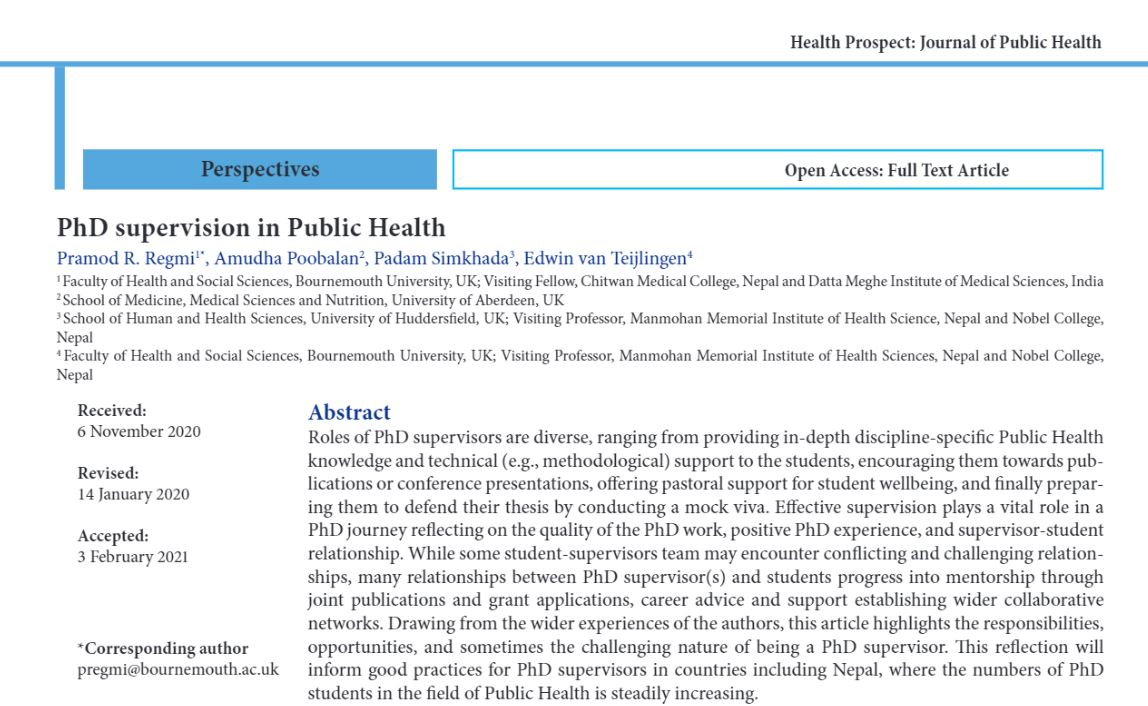


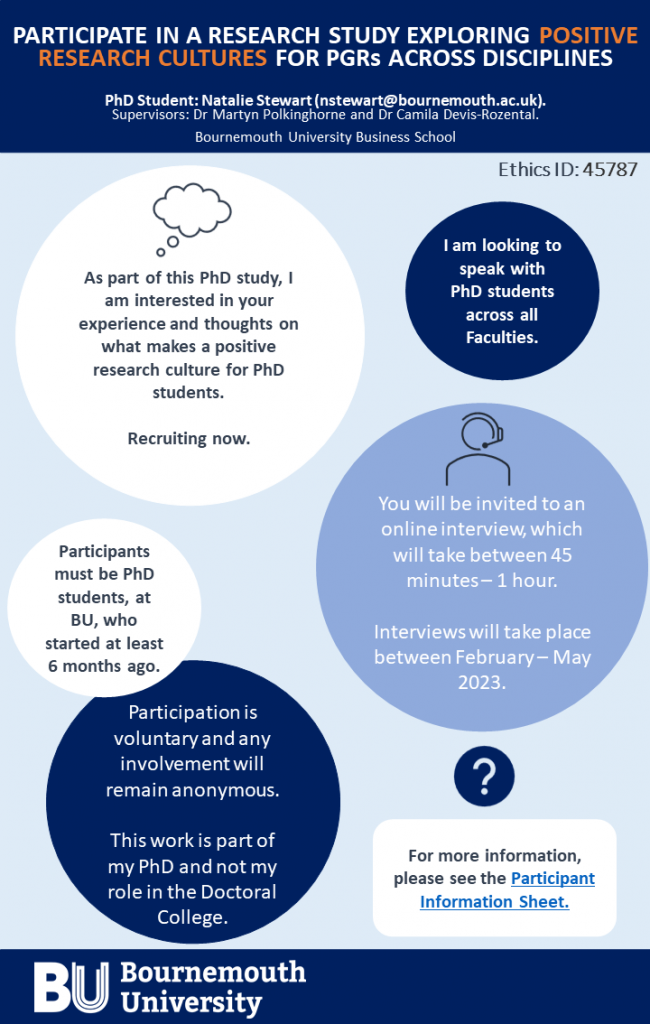

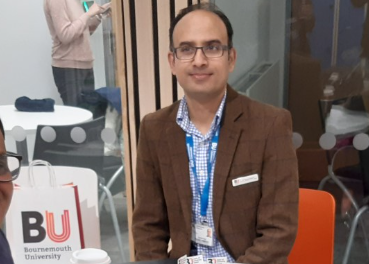
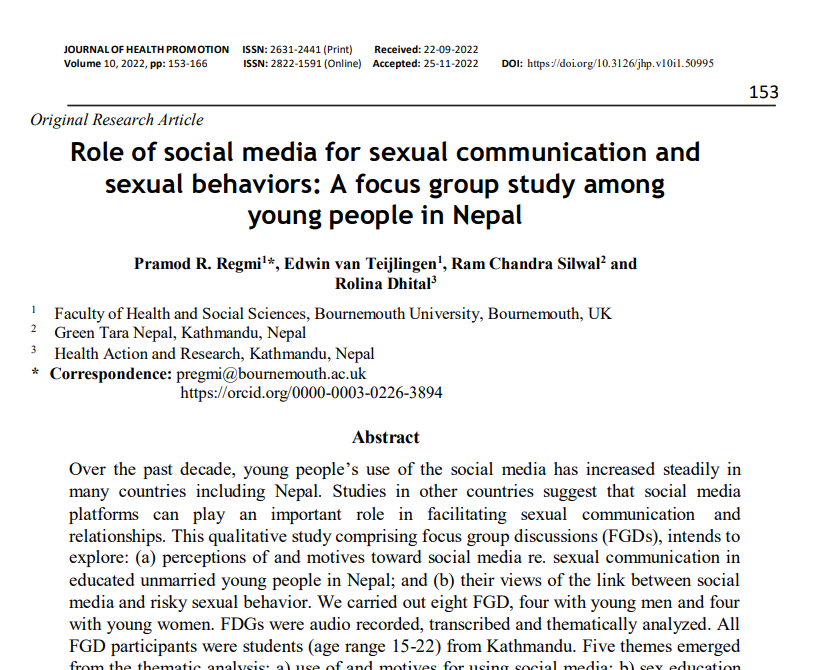
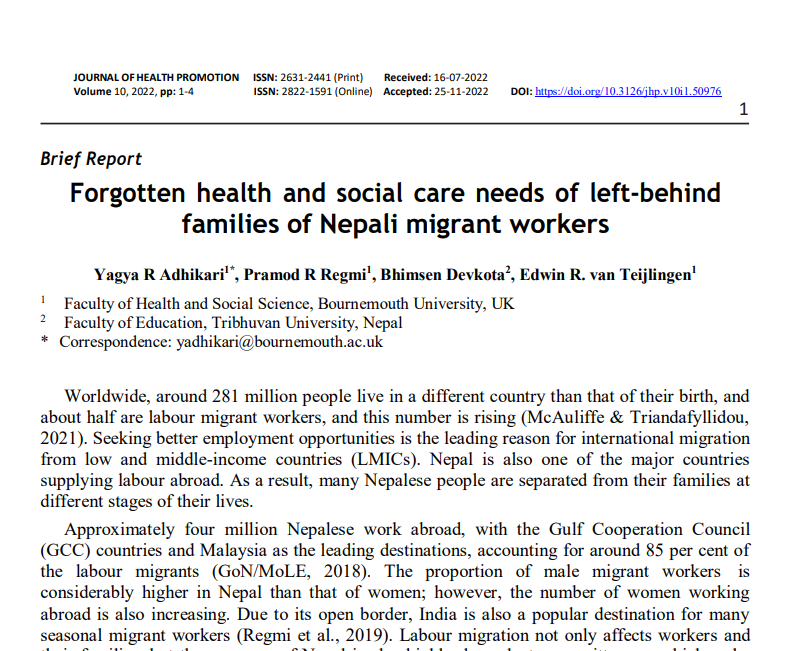
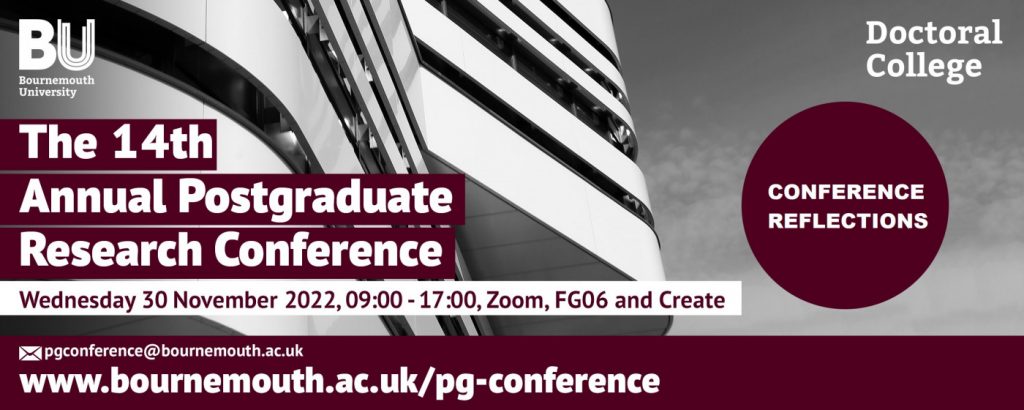
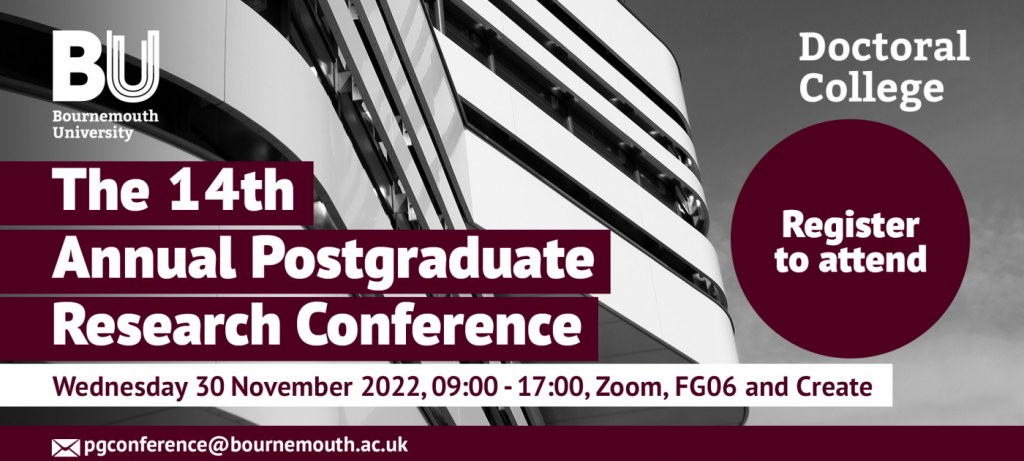
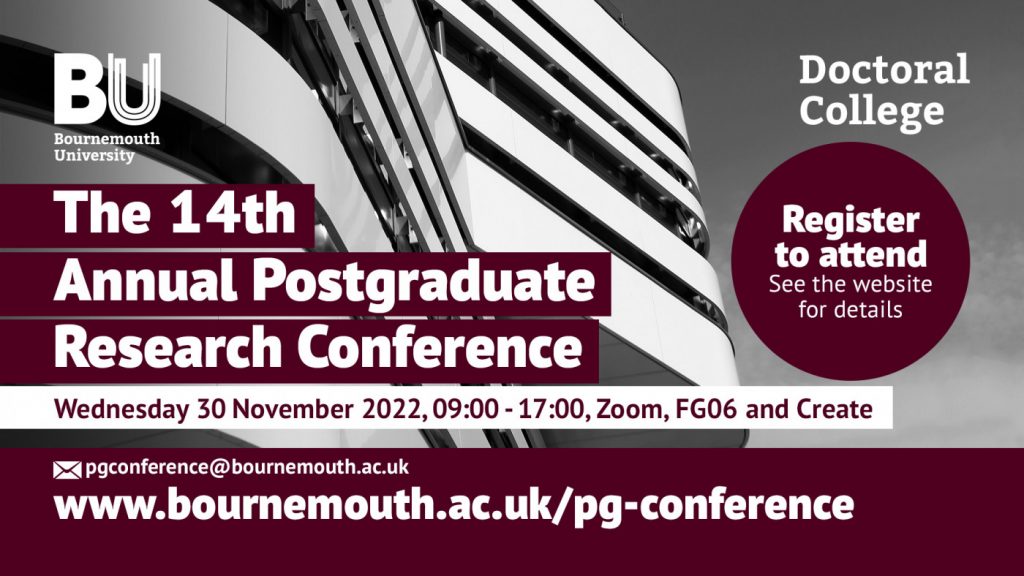
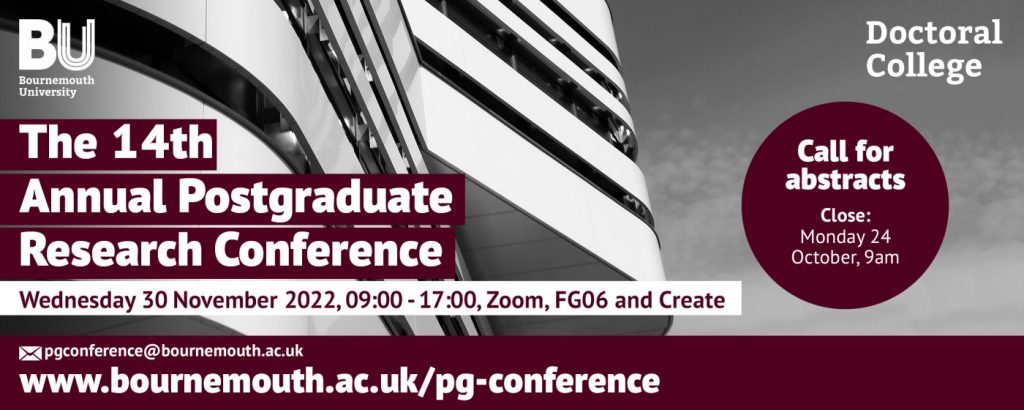
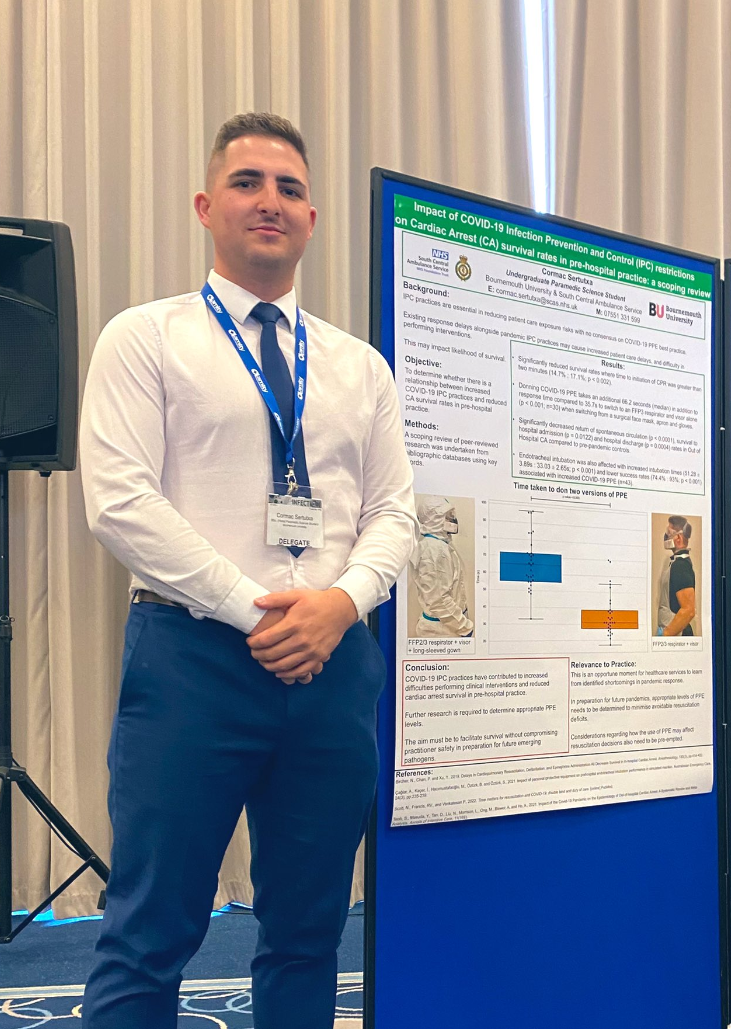












 Conversation article: London Marathon – how visually impaired people run
Conversation article: London Marathon – how visually impaired people run Horizon Europe News – December 2023
Horizon Europe News – December 2023